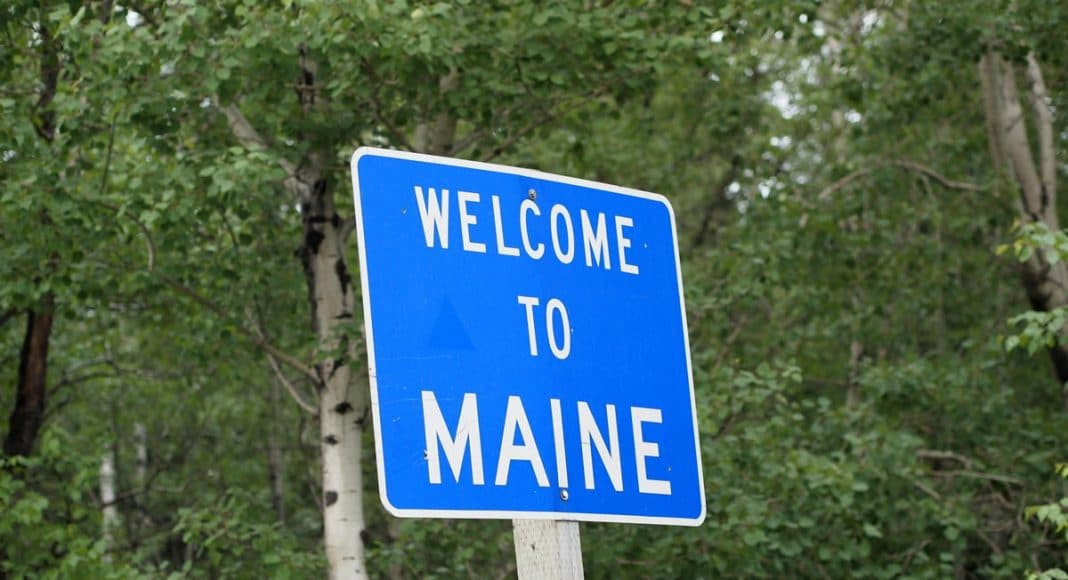Marijuana is now officially legal throughout the state of Maine.
As of Monday, it is absolutely copasetic in the Pine Tree State to cultivate, possess, use and give away marijuana without fear. No longer will adults 21 and over be forced to seek out a medical marijuana recommendation from a doctor just to get their hands on legal weed. The new law effectively snuffs out prohibition statewide, giving all of Maine’s grown-ups the same freedoms previously only enjoyed by those plagued with serious health conditions.
“The era of marijuana prohibition in Maine is finally coming to an end,” David Boyer, Maine political director for the Marijuana Policy Project, said in a statement. “Responsible adult marijuana consumers will no longer be harassed and treated like criminals. Police will be able to spend more time addressing serious crimes rather than punishing adults for using a substance that is safer than alcohol.”
But there are still a few rules that will need to be adhered to when it comes to taking advantage of the state’s new marijuana law. For instance, while pot possession is legal, individuals are only permitted to carry up to 2.5 ounces on them at a time. Yet, individuals can now legally grow up to six plants at home. These folks are free to give up to 2.5 ounces of their homegrown to friends, family or total strangers, as long as no money changes hands. Selling marijuana remains illegal under the language of the law.
-
Related Story: What The Marijuana Measures On The Ballot Mean
Of course, public consumption is still against the rules. Anyone caught smoking weed in public can be slapped with a $100 fine. However, eventually, cannabis lounges will start to appear throughout the state. The new law provides an opportunity for social marijuana use to happen at some point under the guidance of the state. This aspect of the law was created in an effort to provide the tourism community with places to hang out and get stoned.
But don’t smoke and drive.
Much like every other state that has made weed legal, Maine’s new law strictly prohibits driving under the influence of marijuana. Although there is no definitive testing method for determining whether a motorist is driving high, police are expected to conduct field sobriety tests, similar to those used with respect to alcohol impairment, in order to bust people for this offense. The good news is, however, in other legal states, reports shows that the majority of stoned driving cases are being dropped as long as the accused goes to trial. It seems that prosecutors are having a difficult time proving to juries that suspected high drivers were actually impaired at the time of their arrest.


